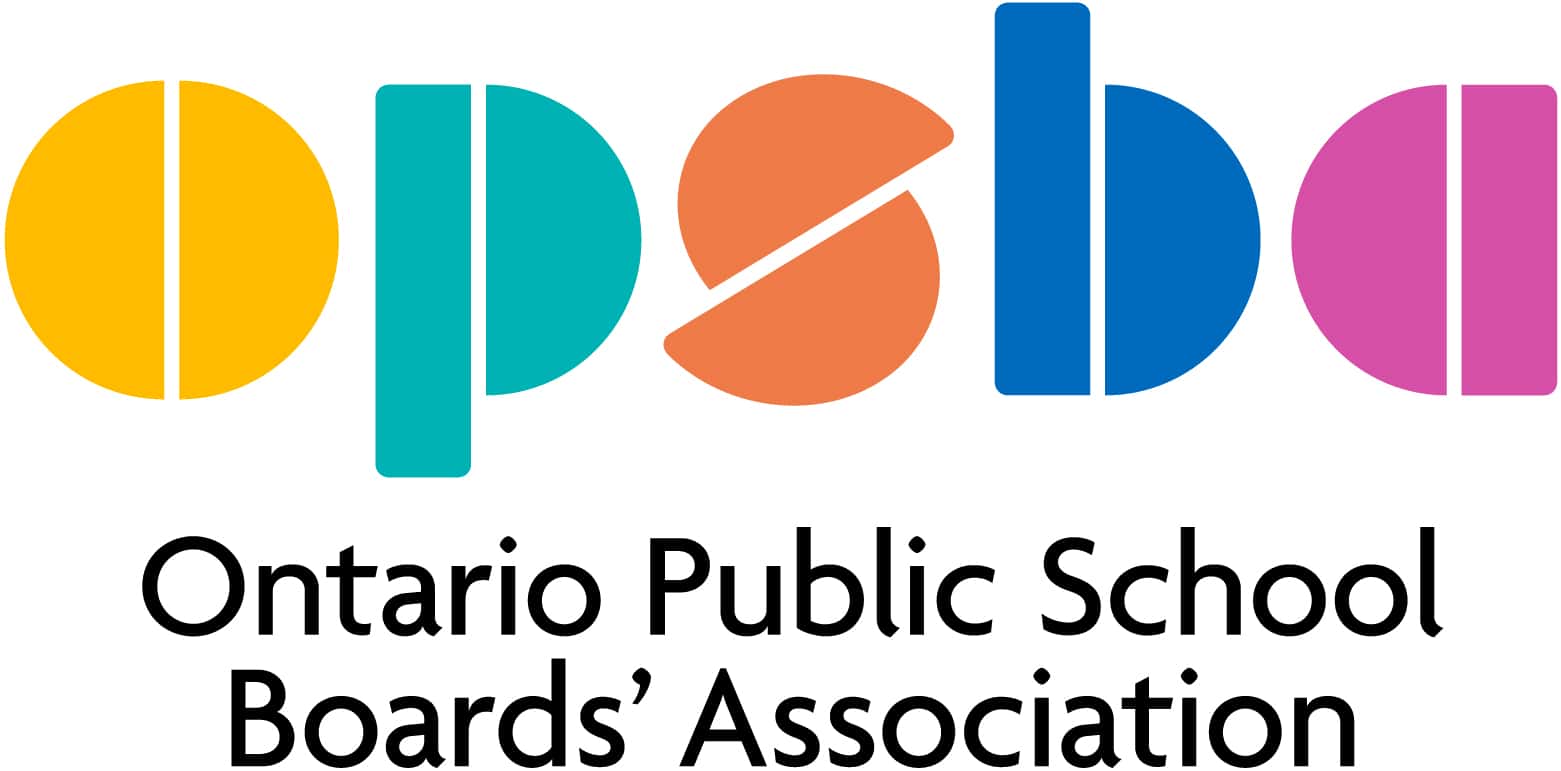While we understand that the capital priority announcements for the most recent round of applications will be announced in March, boards will be reviewing the details to ensure the funding covers any increased building costs since tenders were first approved. We also note the increased costs for goods and services in the North.
We continue to advocate that schools need to be built and maintained to accommodate future population and program growth to support student achievement and well-being. In many areas, schools remain community hubs.
The ministry also indicated a direction for boards to consider supporting more modular buildings in their capital requests. Schools do have portables and porta-packs but these come with their own challenges and are often meant to be temporary solutions. Some boards continue to struggle with renewal costs for their aging schools and are unable to enhance their facilities to meet the needs of students as they learn and grow. Our recent polling indicates that nine in ten Ontarians say it is important or somewhat important to invest in school maintenance and repairs.
With regard to EDCs, amendments were announced last November that included changes to the EDC Rate Restrictions, Alternative Project and Localized Education Development Agreements (LEDA), as well EDC Rate Calculations exemptions. Currently, there are several member boards that are able to qualify for EDCs, and the changes announced supporting alternative projects and LEDAs were welcomed by those boards. However, EDC rates for both residential and non-residential developments were not increased. The rates do not reflect the actual cost of land, resulting in a requirement for school boards to use alternate funding sources or deficit funds. In addition, there were no regulation changes to allow those member boards that have areas of growth to qualify for EDCs.
OPSBA recommends:
- The release of capital priority projects as soon as possible.
- The Ministry of Education conduct a review of benchmark funding amounts to more accurately reflect market costs.
- Stakeholder communications about how capital projects are decided and consideration of changes in number of capital requests per board (currently 10) to a number that is more equitable depending on the size of the school board.
- Remove restrictions in the EDC regulation that prevent growth boards from being eligible to qualify and increase the EDC rates to match local real estate costs.

